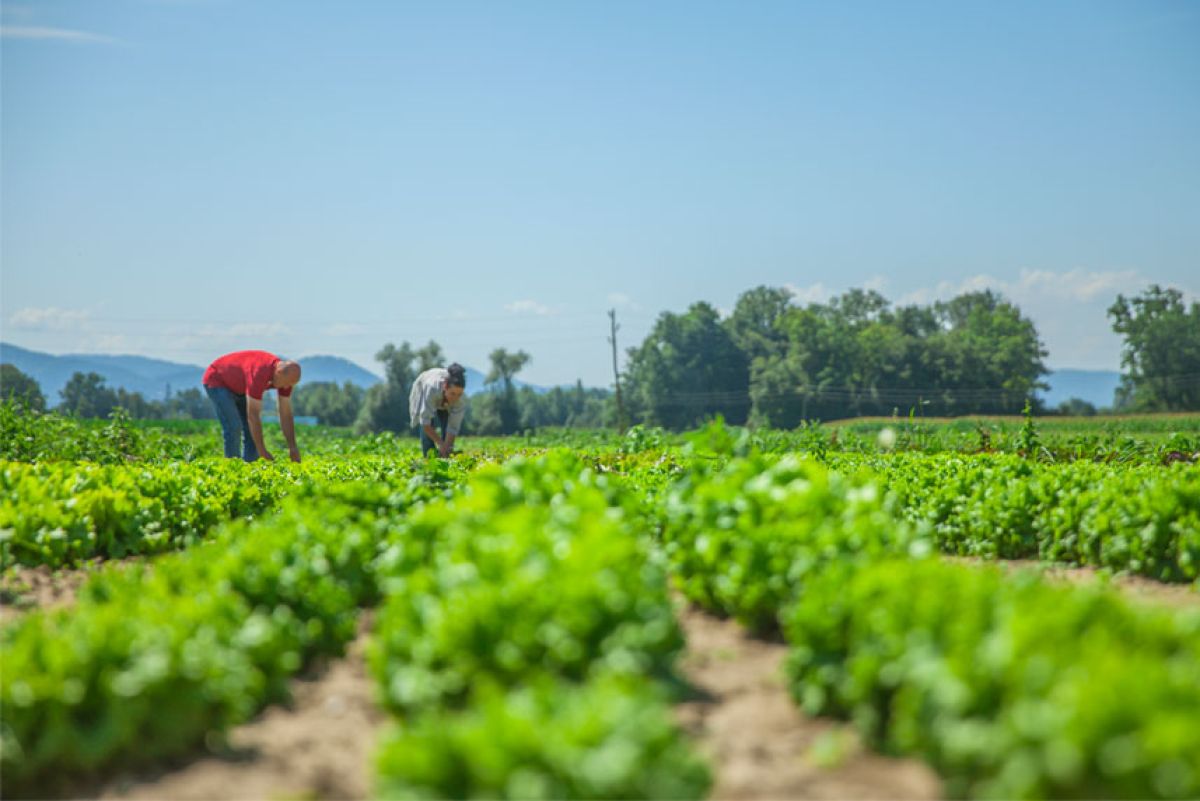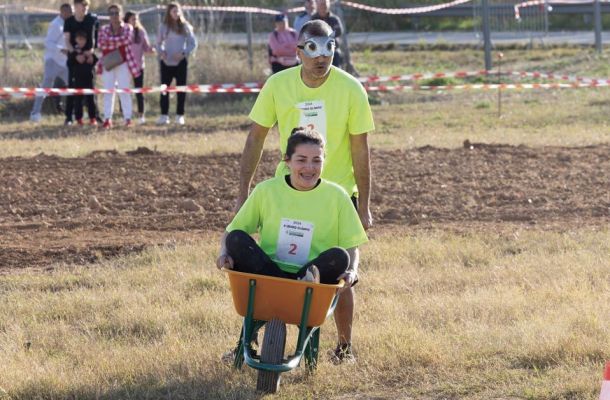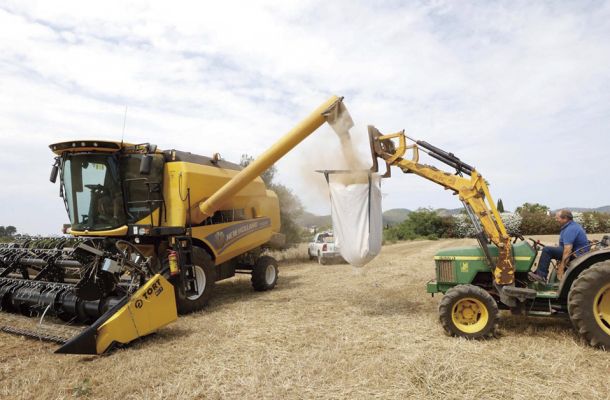
In Ibiza, the number of operators in this type of agriculture has grown in terms of both producers and processors. Thus, on the island of Ibiza, the year 2020 saw an increase of 5.3% in the number of registered operators. Specifically, last year there were 99 producers, which meant an increase of 4.4% - thanks to the 4 new operators in 2020 - and 7.3% in the number of processors with 44 in total.
The organic agricultural surface area registered in the CBPAE has also grown in 2020 on the island of Ibiza with the incorporation of 22 new hectares, which means an increase of 2.8% compared to the data recorded in 2019. If we relate these figures to the Useful Agricultural Area - the total area of cultivated land and land for permanent pasture - in 2019, Ibiza has 11.2% of this area in organic farming, reaching 792 hectares in 2020, 22 more than in 2019, or in other words, an area 2.2% larger than in 2019.
At the municipal level, Santa Eulària des Riu continues to lead in terms of the surface area dedicated to organic farming, with 266 ha (33.5% of the total). It is followed by Sant Antoni de Portmany with 182 ha (22.9%), Sant Josep de sa Talaia with 179 ha (22.6%), San Joan de Labritja with 160 ha (20.2%), and finally Ibiza with 5 ha (0.6%).
If we look at the types of cultivation, on the island of Ibiza no one type of crop predominates in particular, as the presence of the different types is more heterogeneous than in the rest of the Balearic Islands, with pasture and fodder being the main crop (29%), followed by forests and harvesting (17%), fallow land and green manure (16%), cereals and legumes (9%), nuts (9%), olives (6%), vegetables and tubers (5%), vines (4%) and, lastly, fruit trees (2%).
Another good fact is that the agri-food industry continues to grow in Ibiza, and within this, the businesses that sell organic products at retail, which in 2020 already numbered 13 on the island. In spite of this, as the report 'Anàlisi de les Cadenes Alimentàries i Diagnosi del Sector de Producció Local, Ecològica, Agroindustrial i Artesanal de les Illes' of the Balearic Government has recently shown, the Pitiusas are still absolutely dependent on foreign imports in all categories except some of agri-food products. An example of this is that in the number one of the production ranking in Ibiza and Formentera are vegetables and legumes with 3.604 tons, while in the consumption ranking these products occupy the third place with 17.891 tons, only behind bottled water and fruit. In other words, 4.9 times more pulses and vegetables are consumed than are produced.
For this reason, the Ibiza Sustainability Observatory insists that, despite this good trend in terms of organic farming, there is still an imperative need to promote local production, which is why they welcome the growth of this activity. "However", they point out, "there is still a lot of work to be done to encourage both the production and consumption of local products, and to achieve this, the island must consolidate models of environmentally friendly crops that contribute to conserving the landscape and natural resources".
Source: ondacero.es
IbizaPreservation's Ibiza Produce project has been working along these lines for almost three years, and the results speak for themselves. An analysis of its updated map of the island's organic farms shows a marked increase in the number of local producers and cooperatives. Even so, the director of IbizaPreservation, Sandra Benbeniste, goes one step further than conservation and points to regenerative agriculture as an interesting path to explore on the island: "Regenerative agriculture is understood as a reformulation of the system and management that allows the processes of nature itself to regenerate itself, moving from a linear model of take-use-throw away to a circular one, to one in which waste is reused".










